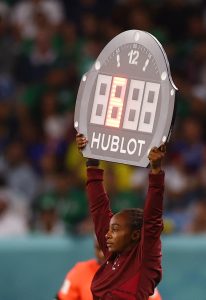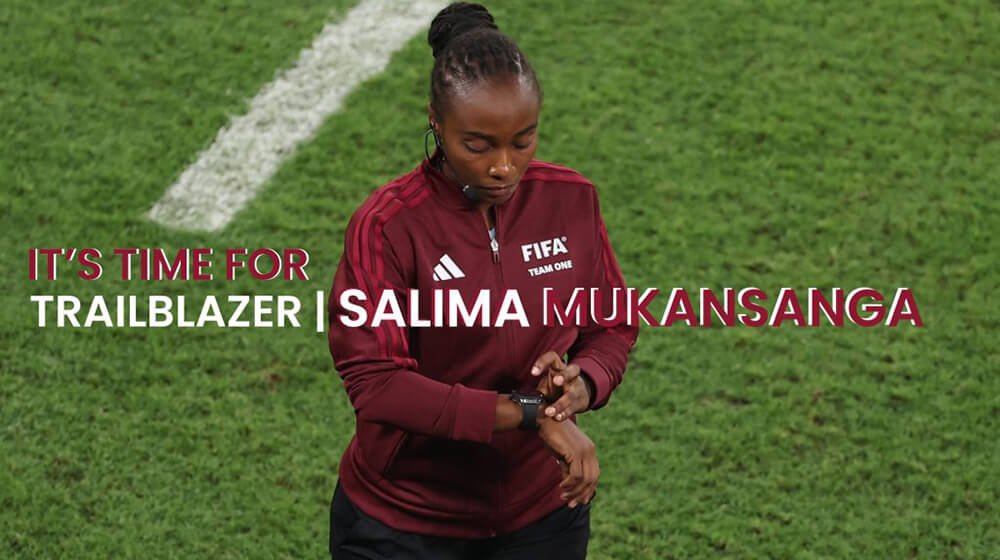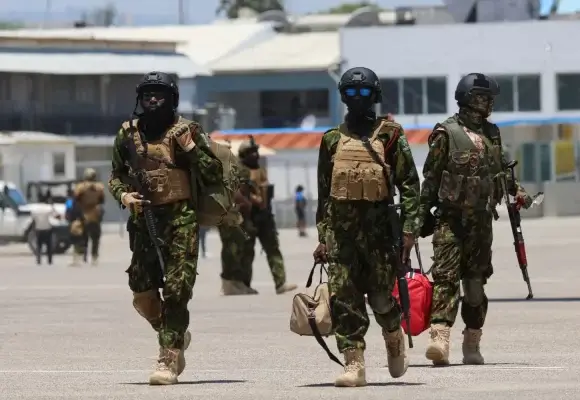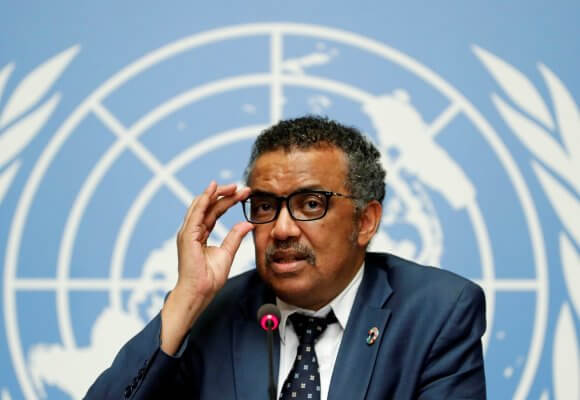She started young, naive, and alone.
But, start, she did.
Rwandese Salima Mukansanga had little help when she decided to plunge into the murky waters of football refereeing at a very young age, but that decision has bore massive fruits for the trailblazing whistle-blower.
When the 34-year-old FIFA referee stepped on the FIFA 2022 World Cup pitch on November 22 as a Video Assistant Referee (VAR), in the match between defending champions France and Australia, she carried the hopes, aspirations, and ambitions of an entire continent on her shoulders.

It is a win for her and a win for the numerous African women who are dreaming up such opportunities. Together with French woman Stephanie Frappart and Japanese Yoshimi Yamashita, Mukansanga is one of three women called to officiate in the tournament.
The trio of assistant referees, Mexican Karen Diaz Medina, Brazilian Neuza Back, and American Kathryn Nesbitt, make up a sextet of the first women to officiate the World Cup in its 92-year history.
“It is an honor and a privilege because it has never happened before. It means you are going to be the first one and open the door for other women, especially in Africa. You carry a lot on your shoulders, and you need to carry it well, so others can see that the door is open and they can also go through. It means the opportunities are there, and it is up to us to take them and become productive from them,” Mukansanga told BBC Sport Africa in an interview.
Her journey started as young as 15, after being rejected for the Under-17 national basketball side and deciding to switch to football. She started refereeing as an amateur in secondary school, and even when she was denied a chance to train as an official of the game after school, she never gave up.
After numerous attempts, she finally got her chance to train and was registered as a FIFA referee in 2012. After officiating locally under her FA, her big break came in 2016 when she was selected to call the 2016 Women’s Nations Cup (AWCON). Since then, she has officiated at the 2019 Women’s World Cup and the Tokyo Olympics.
In 2019, Mukansanga became the first woman to referee at the African Cup of Nations (AFCON), leading an all-woman officiating team of Fatiha Jermoumi (Morocco), Carine Atemzabong (Cameroon), and Bouchra Karboubi (Morocco) as the Video Assistant Referree, according to Tanzania Times.
Having six women referees at the World Cup 2022 is a huge milestone, an almost ironic occurrence as the FIFA Referees Committee elected to have female officials in this edition of the quadrennial tournament hosted by Qatar, a country where women face deep discrimination in almost all aspects of their lives.
In Qatar, women have to rely on male authority– father, brother, uncle, grandfather, or husband, for the most basic human rights. From traveling to marrying, obtaining a government scholarship, working in many government jobs, receiving some reproductive health care, and many more.
At the root of these discriminatory rules are laws, policies, and practices that deem men as heads of households and as legal and social guardians of women. Women cannot even act as guardians to make choices about their children’s lives.
As Mukansaga and company step on the pitch, it will mean more not just to the tournament but to women all over the world and more so to the women in the highly-oppressive Qatari culture.
In an interview with Football Australia, Chairman of the FIFA Referees Committee Pierluigi Collina said that this is the conclusion of a long process that began several years ago with the deployment of female referees at FIFA men’s junior and senior tournaments.
“We clearly emphasize that it is quality that counts for us and not gender. I would hope that in the future, the selection of elite women’s match officials for important men’s competitions will be perceived as something normal and no longer as sensational. They deserve to be at the FIFA World Cup because they constantly perform at a really high level, and that is the important factor for us,” Collina said in a Football Australia report.
The six women are part of 129 officials officiating in the biggest football tournament. Among those named are 36 referees, 69 assistants, and 24 who will be in charge of VAR.
Rwanda's Salima Mukansanga is a trailblazer!
She'll be making history at this year's @FIFAWorldCup as the first African female to officiate at the men's tournament #FIFAWorldCup #QatarWorldCup2022 pic.twitter.com/wlNLrEa63N
— BBC News Africa (@BBCAfrica) November 15, 2022






























LEAVE A COMMENT
You must be logged in to post a comment.